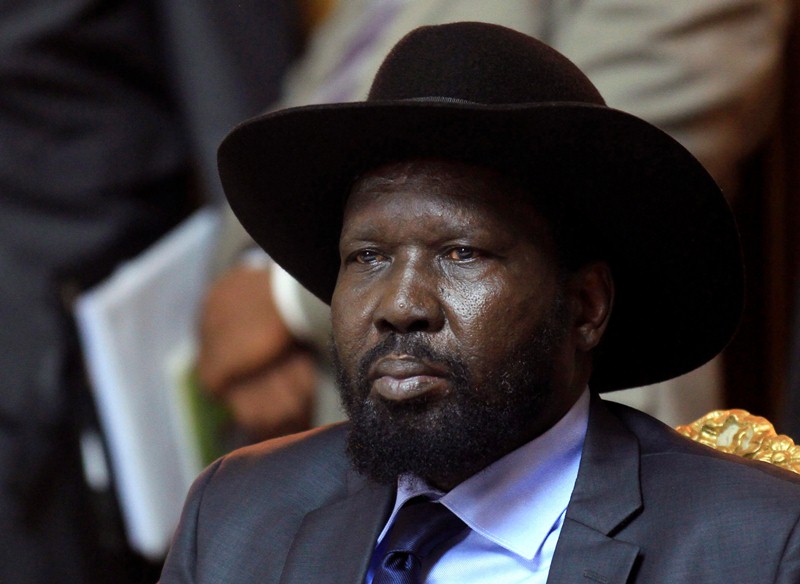
The United Nations wants almost a billion dollars to prevent famine in Somalia; but as a new government establishes itself, there are worries about corruption and political interference with aid delivery.
The United Nations warned Tuesday that drought in Somalia may push the country to famine this year.
The U.N. appealed for $864 million to fund relief efforts in the Horn of Africa nation for 2017.
In 2011, 250,000 people starved to death amid drought and conflict. Aid was slow to arrive at that time, and when it did arrive, much of it was diverted by armed groups or blocked from areas controlled by Islamic militant group al-Shabab.
Today, parts of Somalia again face a severe lack of food due to a shortage of rainfall and continued war between the government and al- Shabab.
The U.N. estimates that 5 million Somalis, or 40 percent of the population, need relief, including more than 320,000 children believed to be acutely malnourished.
Peter de Clerq, the U.N. humanitarian coordinator for Somalia, says food and water prices are rising, and people are crossing to Ethiopia in search of food.
“It’s clear already if rapid and adequate action is not taken, we are more and more likely to find ourselves in the same situation as in 2011,” he said.
The food crisis comes as Somalia gets a new government. The parliament, inaugurated earlier this month, selects a president next week.
The United Nations’ representative to Somalia, Michael Keating, said avoiding famine will be a major test for the new officials.
“In some ways the legitimacy of the incoming government will in part be viewed by the degree it comes to terms with this problem and puts its weight behind solving it,” he said.
Parliamentary speaker Mohamed Osman Jawari said parliament fully supports the U.N.’s humanitarian response plan for 2017.
He said the government established a national drought committee and would launch discussions on the matter in parliament immediately.
“We’ll do our best, so whatever we can do on our side, we’ll do. It’s not time for politicking here. We have to do whatever we can do to save our people,” he said.
There are, however, doubts.
The European Union representative to Somalia, Veronique Lorenzo, said the government must speak out against corruption.
“One of the things, which politically we’ll be paying a lot of attention to, is the issue of corruption. I think the onus will be on the government to demonstrate that no corruption, nothing can get between the assistance and a starving child,” she said.
De Clerq, the humanitarian coordinator, noted continued bureaucratic delays for aid delivery and the setup of irregular roadblocks, levying taxes on relief convoys.
“Many of which are not al-Shabab roadblocks, but they are basically done by the army elements or militia elements that have no accountability,” he said.
Parliamentary speaker Jawari said the government would use force if necessary to clear roadblocks, but he did not address corruption.
By Jason Patinkin (Voice of America)


